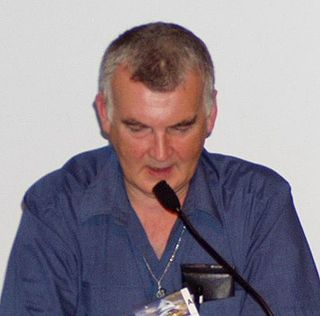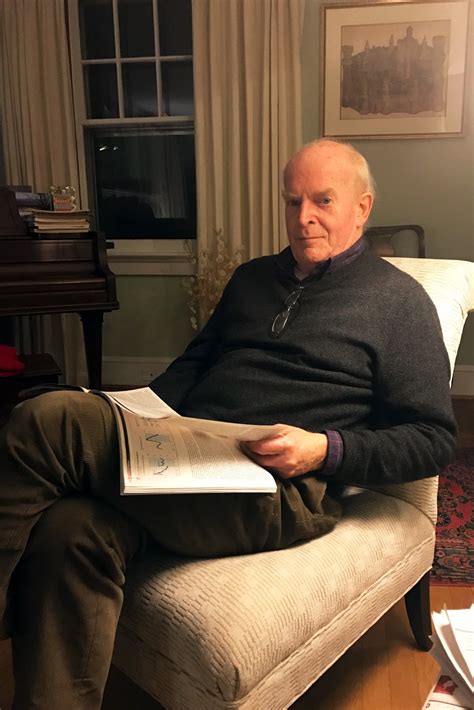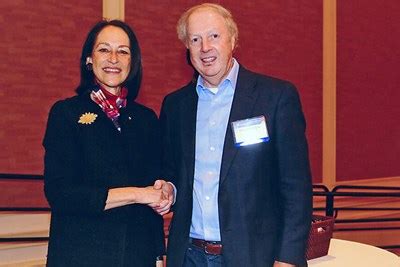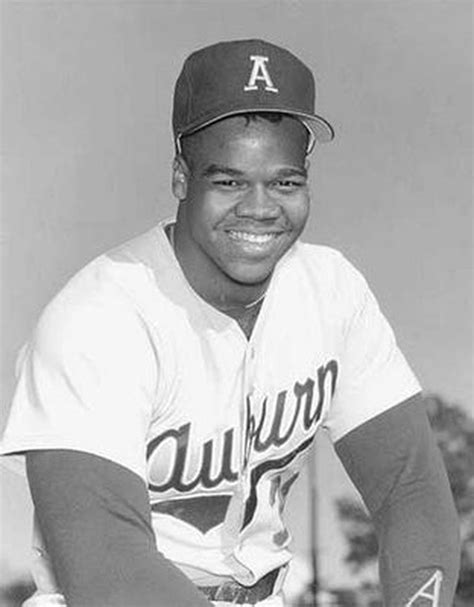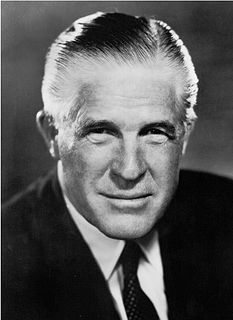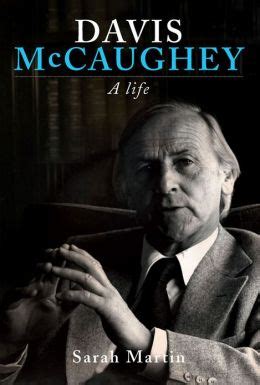Top 71 Determinism Quotes & Sayings
Explore popular Determinism quotes.
Last updated on April 14, 2025.
The metaphysical doctrine of determinism simply asserts that all events in this world are fixed, or unalterable, or predetermined. It does not assert that they are known to anybody, or predictable by scientific means. But it asserts that the future is as little changeable as is the past. Everybody knows what we mean when we say that the past cannot be changed. It is in precisely the same sense that the future cannot be changed, according to metaphysical determinism.
Science is unflinchingly deterministic, and it has begun to force its determinism into morals. On some shining tomorrow a psychoanalyst may be put into the box to prove that perjury is simply a compulsion neurosis, like beating time with the foot at a concert or counting the lampposts along the highway.
Above all, creators remain drawn to the age-old paradoxes that philosophy grapples with [and]...that art occasionally resolves...the problem of the one and the many; unity and variety; determinism and freedom; mechanism and vitalism; good and evil; time and eternity; the plenum and the void; moral absolutism and relativism... These are the basic problems of human existence, and as far as we possibly can we arrange things to forget them.
In fact, if you are faced with the prospect of running across an open field in which lightning bolts are going to be a problem, you are much better off if their timing and location are determined by something, since then they may be predictable by you, and hence avoidable. Determinism is the friend, not the foe, of those who dislike inevitability.
I don't think literature would be possible in a determined world. We might go through the motions but the heart would be out of it. Nobody could then 'smile darkly and ignore the howls.' Even if there were no Church to teach me this, writing two novels would do it. I think the more you write, the less inclined you will be to rely on theories like determinism. Mystery isn't something that is gradually evaporating. It grows along with knowledge.
Recently, results of the Human Genome Project have shattered one of Science's fundamental core beliefs, the concept of genetic determinism. We have been led to believe that our genes determine the character of our lives, yet new research surprisingly reveals that it is the character of our lives that controls our genes. Rather than being victims of our heredity, we are actually masters of our genome.
One good reason for the popularity of "reductionism" among the philosophical outposts of the Western Establishment is that it can be, and is, used as a device for trying to take the wind, so to speak, out of the sails of Marxism. . . . In essence reductionism is a kind of anti-Marxist caricature of Marxist determinism. It is what anti-Marxists pretend that Marxist determinism is.
Mathematicians are beginning to view order and chaos as two distinct manifestations of an underlying determinism. And neither state exists in isolation. The typical system can exist in a variety of states, some ordered, some chaotic. Instead of two opposed polarities, there is a continuous spectrum. As harmony and discord combine in musical beauty, so order and chaos combine in mathematical [and physical] beauty.
For the lost are lost by nature, all your ideas of moral regeneration will make no difference, there is AN INNATE DETERMINISM, there is an undeniable incurability in suicide, crime, idiocy, madness, there is an invincible cuckoldry in man, there is a congenital weakness of the character, a castration of the mind.
The most fundamental challenge of the anthropocene concerns agency. For those who lived the Enlightenment dream (always a minority but an influential one), agency was taken for granted. There were existential threats to agency (e.g., determinism) but philosophy mobilized to refute these threats (e.g., by defending libertarianism) or to defuse them (e.g., by showing that they were compatible with agency).
One way of saying that is that there is an objective reality beyond our mind. A way to think of this in a philosophic sense is to look between the two great extremes: the idealist philosophy that says mind and consciousness is the only thing and that matter is simply an illusion, or a Maya, the product of mind; and the other extreme, a strict materialist determinism, which says that mind and consciousness is a secondary phenomenon of the collision of matter.
Sometimes we can lose the wood for the trees. Some specific issues dealt with in the book [Saving Calvinism]: the scope of election (who is saved?); the nature of the atonement (do we have to hold to penal substitution if we're Reformed?); the scope of the atonement (for whom did Christ die?); whether we have to hold to some sort of theological determinism (God ordains all that comes to pass).
Now, there is something else interesting here, is this thing called self-determinism and pan-determinism. We have found that there is something stands as a barrier between the ability of a person to be self-determined and the condition he is in, and that is willingness to be controlled. As long as a person will resist control, then everything that comes along which threatens to control him can do so; and thus you have aberration. And until he has a total tolerance of control, he cannot be self-determined or pan-determined.
Determinism is the thesis that is true at every moment that the way things then are determines a unique future, that only one of the alternative futures that may exist relative to a given moment is a physically possible continuation of the state of things at the moment. Or, if you like, we may say that determinism is the thesis that only one continuation of the state of things at a given moment is consistent with the laws of nature.
... what we should be looking for is fresh ideas of how we make moral decisions about our dealings with one another, economic, social, cultural. Economic determinism is an objectionable creed where men and women espouse it in its communist or capitalist form because it treats human beings as economic units and not as responsible persons.
A guidance counselor who has made a fetish of security, or who has unwittingly surrendered his thinking to economic determinism, may steer a youth away from his dream of becoming a poet, an artist, a musician or any other of thousands of things, because it offers no security, it does not pay well, there are no vacancies, it has no "future".
I got involved in cultural studies because I didn't think life was purely economically determined. I took all this up as an argument with economic determinism. I lived my life as an argument with Marxism, and with neoliberalism. Their point is that, in the last instance, economy will determine it. But when is the last instance?
Old-fashioned determinism was what we may call hard determinism. It did not shrink from such words as fatality, bondage of the will, necessitation, and the like. Nowadays, we have a soft determinism which abhors harsh words, and, repudiating fatality, necessity, and even predetermination, says that its real name is freedom; for freedom is only necessity understood, and bondage to the highest is identical with true freedom.
Whatever open-border libertarians think about immigration law, once the immigration scofflaw steals, trespasses, or vandalizes private property, said alien is guilty of crimes. To say, moreover, that the state's laws made masses of men and women commit such crimes is to voice the philosophy of determinism, not individualism.



